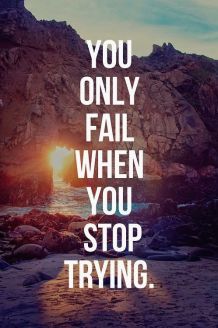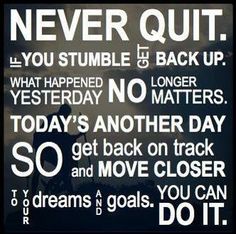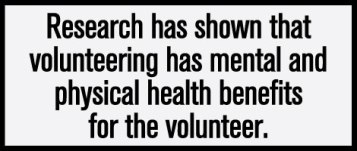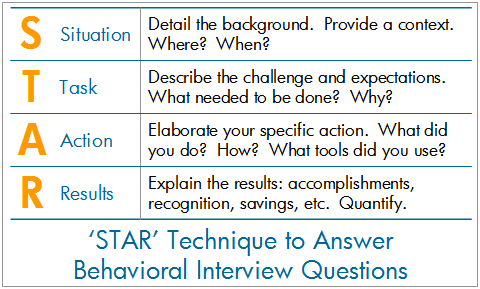Now, the Rest…

In Part 1, I focused on the top third of your profile. It is important to catch the recruiter’s attention quickly; ensure you have the key words from your industry, a professional photo, and a well-written summary that introduces yourself and your skills. Now, let’s get to the rest of your profile – the meat and potatoes, plus gravy!
Your Experience Section
This one is pretty straightforward; it’s pretty much like your resume. You will start with your most recent job and go backward. How far? It depends on your experience, your target industry, and if your previous experience adds value to the company.
How do you know if your experience adds value? We all think we’re pretty valuable, and we’re proud of our accomplishments; but we need to keep in mind what the employer is looking for in their next candidate. We go back to Part 1 – Research! When you know what is important to the employer, you will know what key skills and accomplishments to highlight. Or, you can go with the typical resume rule of thumb – go back no more than 10 – 15 years. For more tips, click here.
You want to write this section well, focus on your accomplishments (did you save money, time, create a new program, recognized for an achievement?) and avoid typos at all costs.
Remember to include additional media – documents, videos, links, and presentations. This will help you demonstrate to an employer what you can do for them.

Additional Sections
In order for your profile to be complete, try to fill out as much as possible. What else goes into your profile?
- Volunteer Experience (either as part of your work history, or in a separate section)
- Publications
- Certifications
- Training / Courses
- Awards
- Test Scores
- Patents
- Posts You Have Written
- Causes You Care About
- Organizations to Which You Belong
- Education
- Interests (Work-Related)
- Projects
- Skills
The more you can fill out, the more an employer will understand who you are and what value you bring to their company. The good thing is, LinkedIn will walk you through each of these steps. Yes, it will take some time to create your full profile, but it will be well worth it. Then it’s a matter of maintaining and updating your information as needed.
“Success is almost totally dependent upon drive and persistence. The extra energy required to make another effort or try another approach is the secret of winning.”
-Denis Waitley
I Built It… Now What?
I hear this one a lot – “I made my profile, but I don’t do anything with it.” Your LinkedIn profile requires attention; but have no fear, you do not need to spend 10+ hours a day connecting, reading, sharing, liking, posting, and on and on. Dedicate time throughout the week to work on your profile. Build time in your schedule (however much time you need and want to dedicate) and set reminders for yourself. After a while, it will become habit to check your account on a regular basis.
The key to being successful with LinkedIn is to build your connections and establish yourself as a subject matter expert in your field. How do you do this?
Join Groups
One way LinkedIn works for you is to join groups that are related to your industry. With over a million groups, I’m sure you will find some that fit you perfectly.
Joining groups has several benefits –
- You can find others in your industry
- Stay up-to-date with the latest trends in your field
- It’s an avenue for you to share articles, news, and information (helps you become known as a subject matter expert)
- For more on joining groups, click here

When you join and participate in groups, you can finally solve the problem of not knowing anyone in your career field. When you join a group, be sure to watch and learn at first; see what is posted, the comments and discussions that take place. Don’t feel as if you have to constantly create content; when you find an article of interest and you would like to share, just click on the Share or LinkedIn button you find on most articles. Be sure to keep posts/comments relevant to the group, don’t sell anything, and above all else, stay positive! Bad-mouthing anyone or anything is not how you want to be seen.
Follow companies – Follow companies so you can find out the latest news, find out who works there, and if they are hiring. Additionally, it will look nice when a hiring manager reviews your profile and sees you’re already following their company!
Inviting to Connect
When you find others you would like to connect with, you want to make your invitation more personal than the standard LinkedIn default. And by personal, I of course do not mean you let them know your favorite color (unless it’s related to your industry in some way). Instead, let the person know why you want to connect. No one likes spam or complete strangers connecting for no reason. Having a more personal request eases the concerns of connecting with others online.
For example, recently I wanted to connect with someone I saw at a conference. Here is how it went:
Hello! I attended your webinar a few months ago and recently I attended your workshop at the ABC conference. I enjoyed the information and I’m using your tips on the job. Thank you! I would like to connect with you and I look forward to sharing more information.
You are limited to only 300 characters, so you need to get your message across quickly.
Finally, how do employers know you’re good at what you do without just saying, “I’m awesome, look at me!”
Recommendations!

Basically, recommendations on LinkedIn are very similar to the letters of recommendations you request from an employer. However, these can be from colleagues, supervisors, business partners; simply, anyone who has worked with you. Also, these recommendations are much shorter, a few paragraphs at most.
How do you get recommendations? One of the best tactics is to GIVE recommendations to others. We all like helping those who help us, so take some time going through your connections and giving them positive recommendations on their accomplishments.
Also, you can request someone provide a recommendation. As always, be polite and professional. I’m sure you know this, but I have to mention it!

Is there more you can do on LinkedIn? You betcha! For more tips and insights, click here.
However, this is titled “The Basics” and I want to stick with that. Don’t be afraid to try a little at a time. You do not have to be an expert on day 1. Work on your profile piece by piece, add connections one at a time, and gradually work toward your goals.
Even if you are not in the job market, networking should be a part of your career strategy.




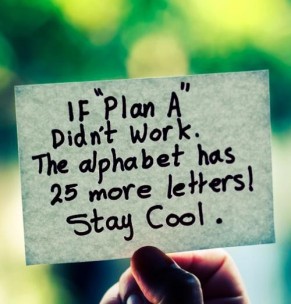 Your career will most like be more of a zigzag pattern, not the nice straight line to success. That would be too easy! For now, keep your goals in your sights and never give up!
Your career will most like be more of a zigzag pattern, not the nice straight line to success. That would be too easy! For now, keep your goals in your sights and never give up!







